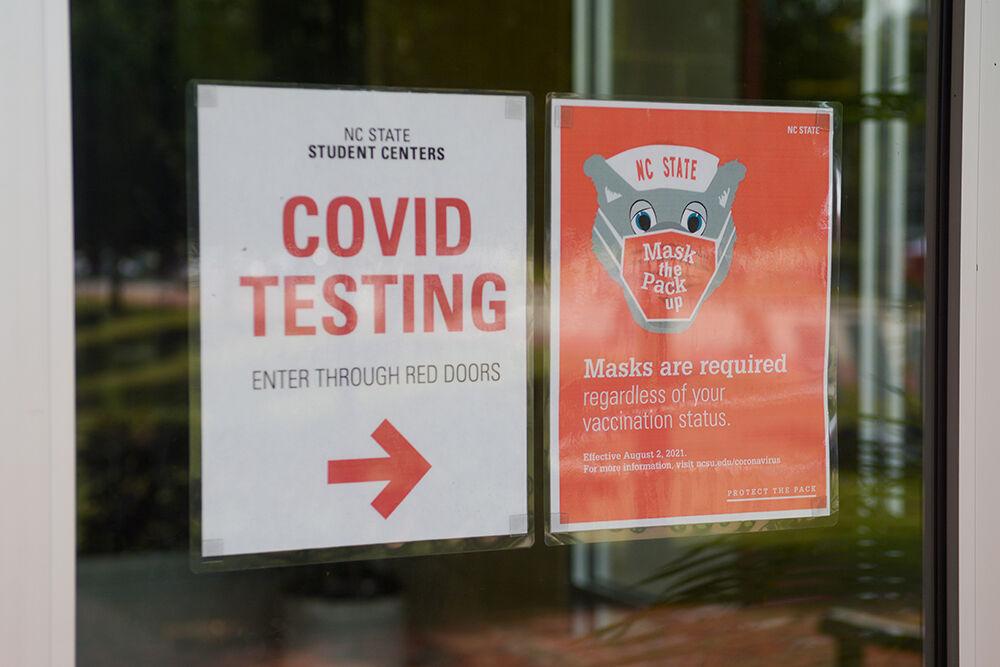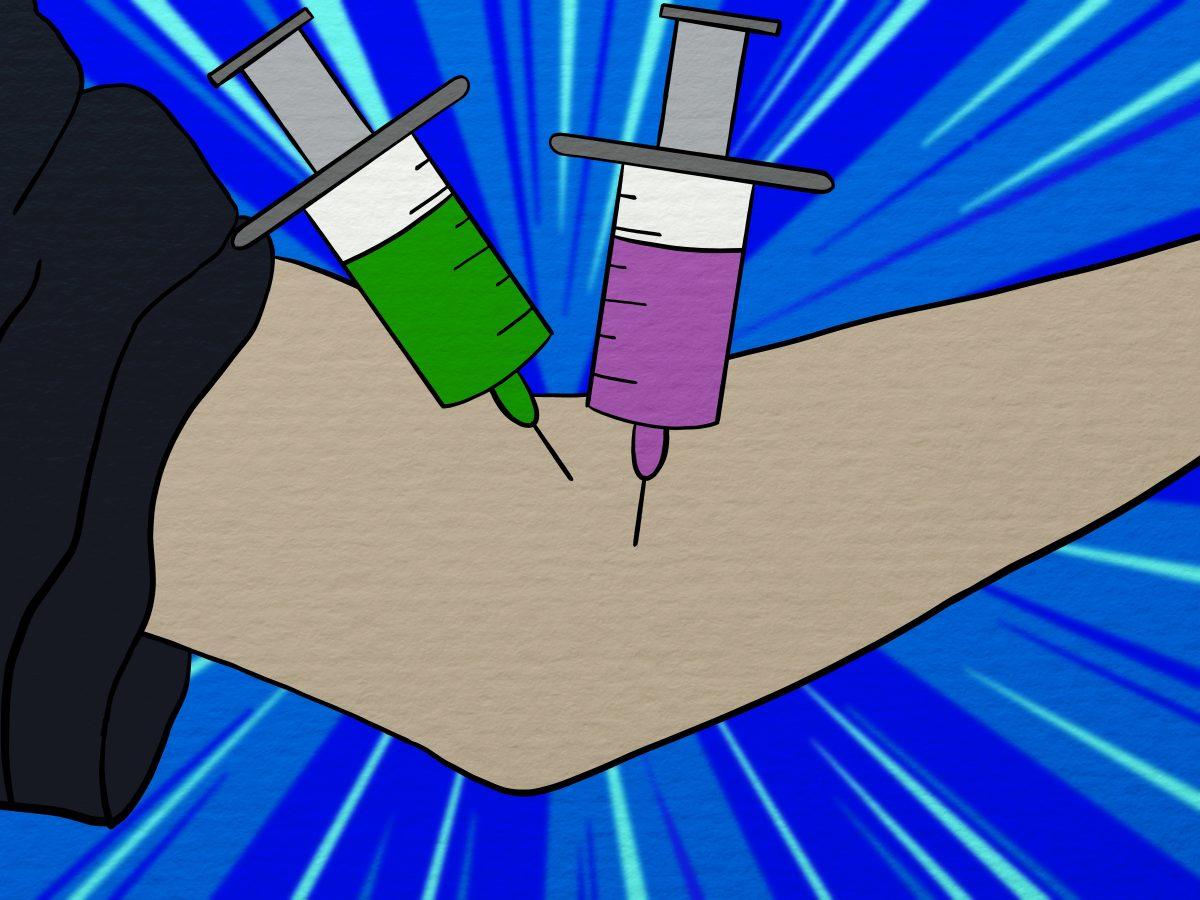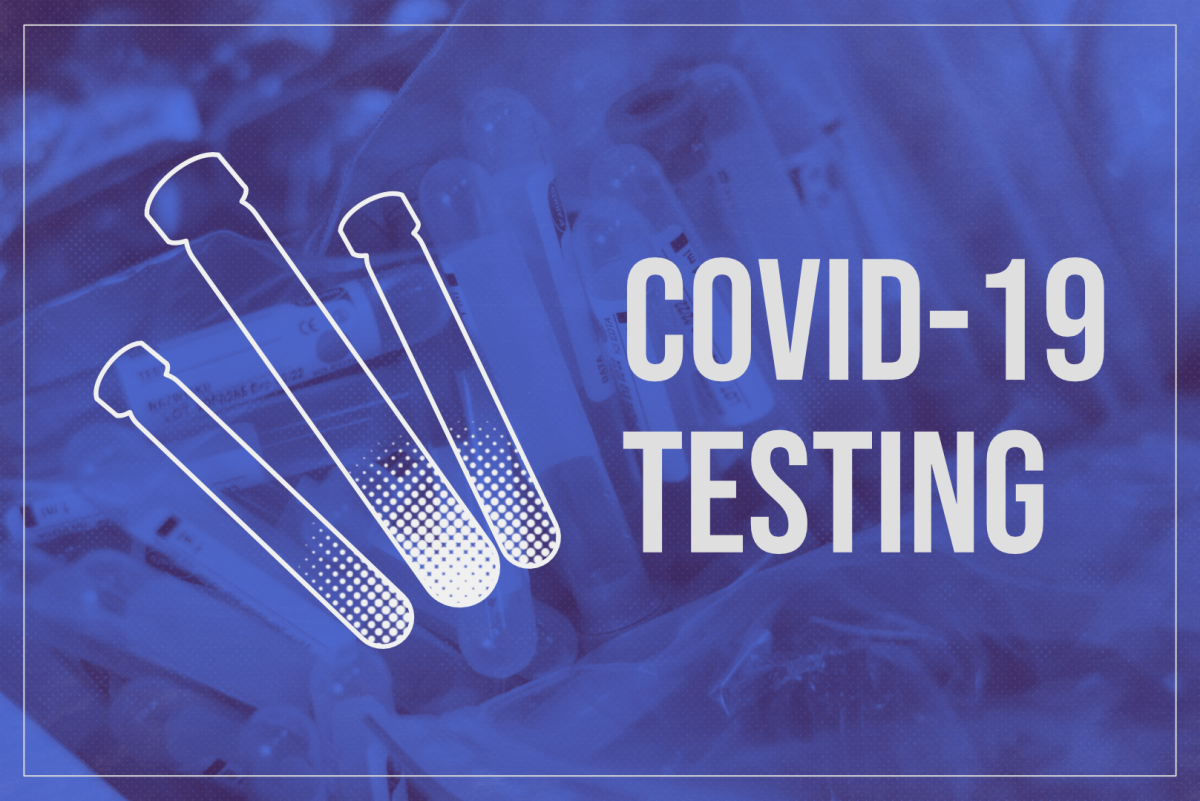As accounts of people taking “horse dewormer” as a treatment for COVID-19 surfaced, experts from NC State’s Student Health Services and the College of Veterinary Medicine explained what the drug does and why it is being taken as a treatment for the coronavirus.
The drug, commonly referred to as “horse dewormer,” is ivermectin. Ivermectin is a medication used to treat parasitic diseases in many animals including horses, cattle, dogs and humans.
According to Dr. Steven Vu, the pharmacy director at Student Health Services, ivermectin is used in humans to treat internal parasitic infections like intestinal roundworms, as well as external parasitic infections like head lice, scabies and rosacea.
Dr. Bruce Hammerberg, a professor of parasitology in the College of Veterinary Medicine, said the effectiveness and the versatility of the drug led it to win the 2015 Nobel Prize in Physiology or Medicine.
“[It’s] highly, highly successful, and [its] therapeutic margin for toxicity is really large,” Hammerberg said. “So there’s very little risk of overdose or ill effects from the drug itself. … The status of it for the Nobel Prize is because of this dramatic range of impact on very common parasitic infections in humans.”
While ivermectin works effectively on parasitic infections, there are still many questions about its effectiveness on viral infections like COVID-19. A 2021 study shows favorable outcomes and decreased mortality of patients infected with COVID-19 in Peru.
Ivermectin is not FDA approved and, according to Vu, the few clinical trials that have been conducted are inconclusive. Merck, a pharmaceutical company that produces ivermectin released a statement that said in ivermectin they found “no scientific basis for a potential therapeutic effect against COVID-19.”
Though not FDA approved, Hammerberg said there is potential for future advances in treating COVID-19 with the drug.
“We know that it actually does block binding of some of the receptors that the COVID-19 virus would be attaching to,” Hammerberg said. “It might even have an effect on the amount of viral product after the cell is infected. … So very broad potential for different aspects of ivermectin affecting COVID infectivity, COVID replication, COVID production and also, the inflammatory response that the virus causes.”
Hammerberg said he is disappointed by the branding of the drug that has come from the FDA. In August, the FDA tweeted: “You are not a horse. You are not a cow. Seriously, y’all. Stop it.”
“I think that the most important thing is not to have a system of regulation or a system of drug approval that wants to discourage, or ends up discouraging, doing proper studies of efficacy,” Hammerberg said. “There’s that sort of feeling about it from the statements of the FDA … which really doesn’t help establish all the things we might be able to do to try to minimize the effect of COVID-19. And so that’s a bit of a discouragement. It’s not encouraging an open investigation.”
According to Hammerberg, dosages of ivermectin intended for animals are formulated differently than ivermectin intended for humans and are more highly concentrated.
“It’s formulated differently for animal applications, when the size of the animal is 1,000 to 2,000 pounds for cattle, or at least 500 pounds for calves, same for horses,” Hammerberg said. “And so it’s more concentrated in those formulations as you might think if it’s going to be dosed by either injection or even orally. So for human use, or any animal use, it is basically paying attention to the concentration of the source of the product that you’re accessing.”
Problems arise when people obtain ivermectin from stores which sell the medication dosed for livestock. Vu said taking ivermectin as a preventative measure does not outweigh the risks, and use of the drug as a treatment for COVID-19 should be discussed with a health care provider and acquired from a legitimate pharmacy.
Hammerberg said while the medication is not FDA approved, people should consult with their physicians about the best COVID-19 treatment.
“It’s up to the physician and the comfort level with that drug in their practice,” Hammerberg said. “Because we’re a developed country, it’s not frequently used … but its worldwide application is so vast and so deep with regard to time and study for humans, that a physician who digs a little bit into the literature may decide they want to be able to try to use it as an off-label use, which is totally reasonable. But then they also take the risk of anything untoward happening. And so there’s less likelihood, if it’s not sanctioned by the FDA, to be able to prescribe it or use it for their patient, even though the literature and supporting data would say there’s probably very little risk.”
According to Vu, the initial laboratory tests that occurred in spring of 2020 found that ivermectin could kill the coronavirus, but just because something works in the lab does not mean it will work in the human body. Vu said some of the clinical trials that have taken place to test the treatment of COVID-19 with ivermectin have had methodological flaws, plagiarism and lack of safety data.
While there are many differing opinions regarding the use of ivermectin as a treatment for COVID-19, the Nobel Prize winning drug is not simply a “horse dewormer” and has had a great impact on many diseases around the world.
Students who have tested positive for COVID-19 and have questions about treatment should consult their physician or Student Health Services.













